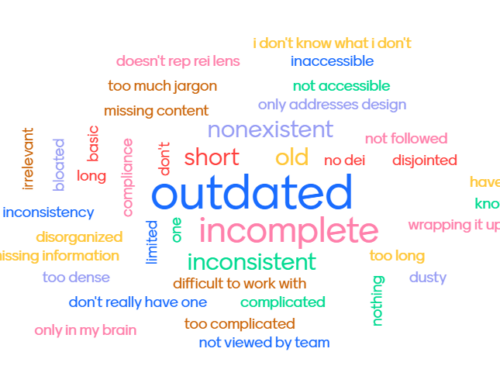We love metaphors at Nonprofit Marketing Guide. It’s not unheard of for me to use a half-dozen different metaphors in the course of a webinar.
That’s because a good metaphor is a perfect tool to help explain something new. It helps anchor new ideas to something that’s already well-understood by the brain.
We have a whole guide on using metaphors in nonprofit communications (it’s available with our free membership), and we also include them in our Monthly Writing Prompts newsletter (also free).
The fallout from the novel coronavirus pandemic has given us dozens of new phrases and situations that are now highly relatable and therefore potentially open for use as metaphors or themes or memes. As always, context is EVERYTHING — using some of these phrases in the wrong context could hurt your communications or brand.
But give it some thought . . . could any of these newly understood and relatable phrases or situations help you better describe or explain something your organization works on that isn’t all that easy to understand?
How are your program or services or situations like these things . . .
Zoom, virtual backgrounds, no pants/what the camera doesn’t see
Washing hands, singing a song for 20 seconds
Social distancing, 6 feet away
Shortages, toilet paper hoarding
Getting outside
Victory gardening
Flattening curves
Daily briefings
Testing
Homeschooling
Storytime
Networks broadcasting from home
Instagram performances
Family, forced togetherness, needing a break from people you love
Connecting through closed windows
Drive-by parades for birthday parties
Masks
What people are watching
Take-out and curbside service
What you thought you’d do if you worked at home, what you are actually doing
What will be the first thing you do when the orders are lifted? First restaurant? First haircut? Hug?
New normal, old normal wasn’t that great, permanently avoiding
And what about the virus itself and going viral? I am hoping we can give those a rest and just let them be what they are. See Against the Coronavirus as a Metaphor for one interesting take on virus language.
Have you used any of these phrases or similar ones to help explain something else? Let us see your examples!






